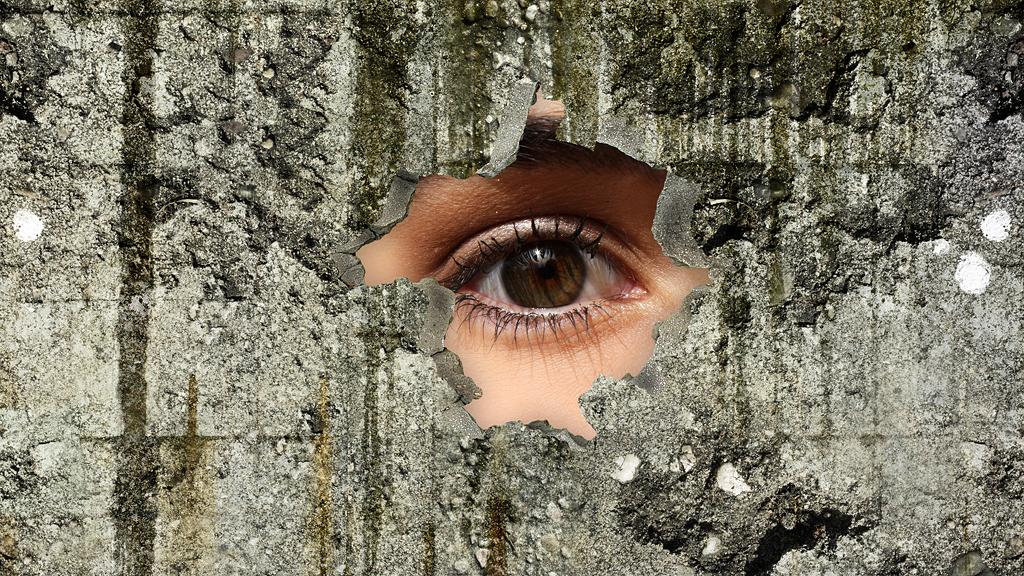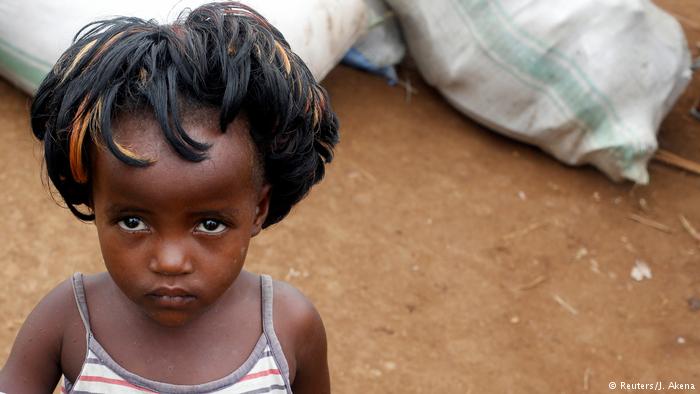Women’s War Wounds Never Really Heal (Part 2)
“The United Nations, the US, and countless other countries all know about what is happening to us. Everyone has acknowledged [the atrocities] publicly. We are peaceful people and we are being killed mercilessly,” Ameena Sawwan states.
If Divine is unable to forget the tough times she has lived through (see part 1), then Ameena is unable to get that dark night out of her mind when her hometown, Moadamiya in southern Syria, came under fierce fire. She recounts how even though the protests in her country began peacefully after the government’s brutal response all hell broke loose. Her district was put in the crosshairs of a deadly chemical weapons attack in which she ended up losing her brother, his wife, and their three children.
“On the night of the attack, I was awake until the wee hours of the morning. It was 2 am and I was online checking out a link for a series of videos on chemical attacks that my friend had sent. The images were ghastly. People were convulsing and trembling weirdly. I had never seen anything like that before; it was just horrifying. I remember wondering how they could do it, how anyone could hurt people like this. Three hours later, unexpectedly, we were attacked. We never thought it was possible – the three earlier attacks had happened in the western part of Damascus, and here we were in the east. We actually believed Moadamiya would not come under attack because it was so close to Damascus. But as we learned later, they [Bashar al-Assad and his supporters] were prepared. There were systematic evacuations of all the military points, and those that remained wore gas masks,” Ameena recounts.

Women caught in conflict have to cope with debilitating physical injuries and psychologically carry the burden of post-traumatic stress disorder for years together. (© Gaurav Sood-Flickr Creative Commons)
Within moments of the attack, Ameena started to have shortness of breath. Scared out of her mind, she went and woke up everyone in her household. “We lived in a basement, there were 15 of us: my brothers, their wives and kids, my parents, my cousin Heba and I. We were most afraid for my one-month old niece, Haneen, because she was just an infant. In the attack, the regime hit us with hundreds of mortar shells and devastating ground-to-ground missiles destroying entire civilian neighbourhoods.” adds Ameena.
Like most ordinary Syrians, Ameena is trying hard to hold on to hope even though their circumstances have steadily worsened over the last three years. As Ameena puts it, “Bashar Assad will still use weapons to kill us all and not just chemical weapons. Even previously he has used all kinds of weapons to annihilate us. He is killing his own people and the world is watching. No one, simply no one is helping us.”
Survivor of sexual violence find themselves in a difficult place
For many women caught in the crossfire lasting peace is closely related to justice. Yet, survivors of sexual violence especially find themselves in a difficult place as the process of gaining justice is often long-drawn. Siah was 14 when she was raped during the Kunan Poshpora incident in Kashmir’s remote Kupwara district. More than two decades on, her quest for justice continues. “I was raped and beaten so many times that fateful night. Later, one government official visited our village and reported all that we told him to the civil administrator of Kashmir. An FIR was lodged. An investigation took place paving the way for the identification and arrest of the culprits. That was when we hit a dead end. What followed next were cover-ups, denials and an absolute disregard for anything we had gone through. Most of the higher ups in the administrative and political hierarchy decided to ignore us. We are desperate for justice,” she urges.
Justice is an absolute necessity if these women have to even begin to rebuild their lives. It may not necessarily have a deterrent effect but can definitely help give survivors some closure. Divine concludes, “There is so much to be done to remedy this. We are not far gone at all, as the world insists. We have hope, and we deserve hope. We need to stay strong in our fight to ensure that this does not happen again to anyone in the world.”
Author: Kirthi Jayakumar
Editor: Marjory Linardy
This is an article from Women’s Feature Service
WTO RECOMMENDS
Fight for Women’s Rights Everywhere
Is it true that women’s rights are hardly an issue anymore in most developed western countries? And which women’s rights are we talking about here? Maybe women’s rights are enshrined in the constitution of many countries, or at least that men and women have the same rights, but how does it look in everyday life? (From January 19, 2015)
‘In Joy Or In Pain, Women Must Talk’
Maria da Penha Maia Fernandes was fast asleep when her husband, Antonio Heredia Vivero, a teacher, shot at her. Though she was rushed to the hospital the attack left her paraplegic. Four months later, when she came back home Vivero made another attempt on her life – he tried to electrocute her. But Maria survived yet again. (From April 17, 2015)
UN campaign to eliminate violence against women
November 25th has been selected by the United Nations as its International Day for the Elimination of Violence against Women. Secretary-General Ban Ki-Moon has called on everyone around the world to support the campaign, which is a really important signal, writes Grahame Lucas. (From November 27, 2014)







